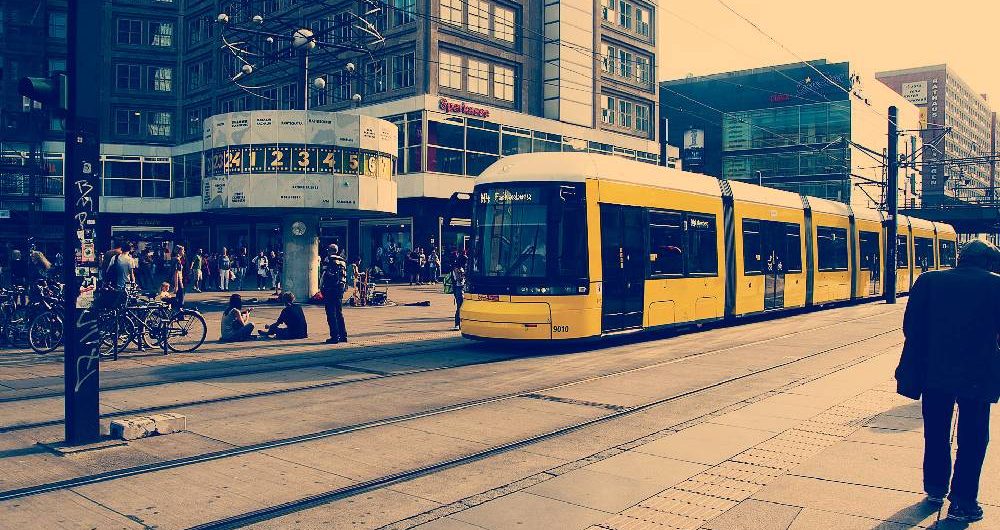
This HelpTravelerOnline section gives you invaluable links and offers travel convenience information to make your traveling experience a smooth one. Resources provided here will undoubtedly make traveling easy and save your time and money.
Definition of Transport Resources
Transport resources refer to the critical assets and systems that enable the movement of people, goods, and information from one location to another. These resources encompass a wide range of physical infrastructure, vehicles, and technology, all of which play a pivotal role in ensuring the efficiency and effectiveness of transportation networks.
Importance of Efficient Transportation
Efficient transportation is the backbone of modern society. It underpins economic development, social well-being, and environmental sustainability. Access to reliable transport resources is essential for individuals, businesses, and governments to meet their diverse needs and aspirations.
Purpose of the Document/Presentation
This document/presentation aims to explore the various facets of transport resources, their significance in contemporary society, the challenges they face, and the innovative solutions that are shaping the future of transportation.
Types of Transport Resources
Physical Infrastructure
Transportation infrastructure forms the physical backbone of any transportation system. It includes:
- Roads and Highways: These provide the most common means of land-based transportation for both personal and commercial vehicles.
- Railways: Rail networks are crucial for the efficient movement of freight over long distances and provide an alternative to road transportation.
- Ports and Harbors: Seaports and harbors serve as gateways for international trade, facilitating the movement of goods via ships.
- Airports: Airports are vital for air travel, connecting distant locations and enabling rapid transportation.
- Public Transportation Systems: These include buses, subways, trams, and commuter trains, offering convenient mass transit options in urban areas.
Vehicles
Various types of vehicles are essential for transporting people and goods. They can be categorized as:
- Passenger Vehicles: Personal cars, motorcycles, and bicycles cater to individual transportation needs.
- Commercial Vehicles: Trucks, vans, and cargo ships are essential for transporting goods on a larger scale.
- Public Transit Vehicles: Buses, light rail, and subway cars facilitate the movement of passengers in densely populated areas.
- Specialty Transportation: This category includes vehicles like ambulances, fire trucks, and construction machinery, which serve specialized functions.
Technology and Information Systems
Technology plays a pivotal role in modern transportation systems, including:
- GPS and Navigation Systems: These devices provide real-time location information and route guidance to drivers and travelers.
- Traffic Management Software: Traffic control centers use advanced software to optimize traffic flow and reduce congestion.
- Vehicle Tracking and Telematics: These systems enable vehicle monitoring, maintenance scheduling, and fuel efficiency improvements.
- Ride-Sharing Apps: Platforms like Uber and Lyft revolutionize urban transportation by connecting riders with nearby drivers.
Seful Resources
OLA Cabs: To book Cabs in India, especially for traveling within city limits.
AIR ASIA: For cheap flights across Asia, Europe, and Australia.
Local Weather: For finding accurate local weather of a particular location.